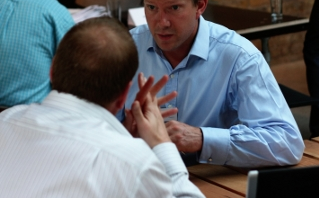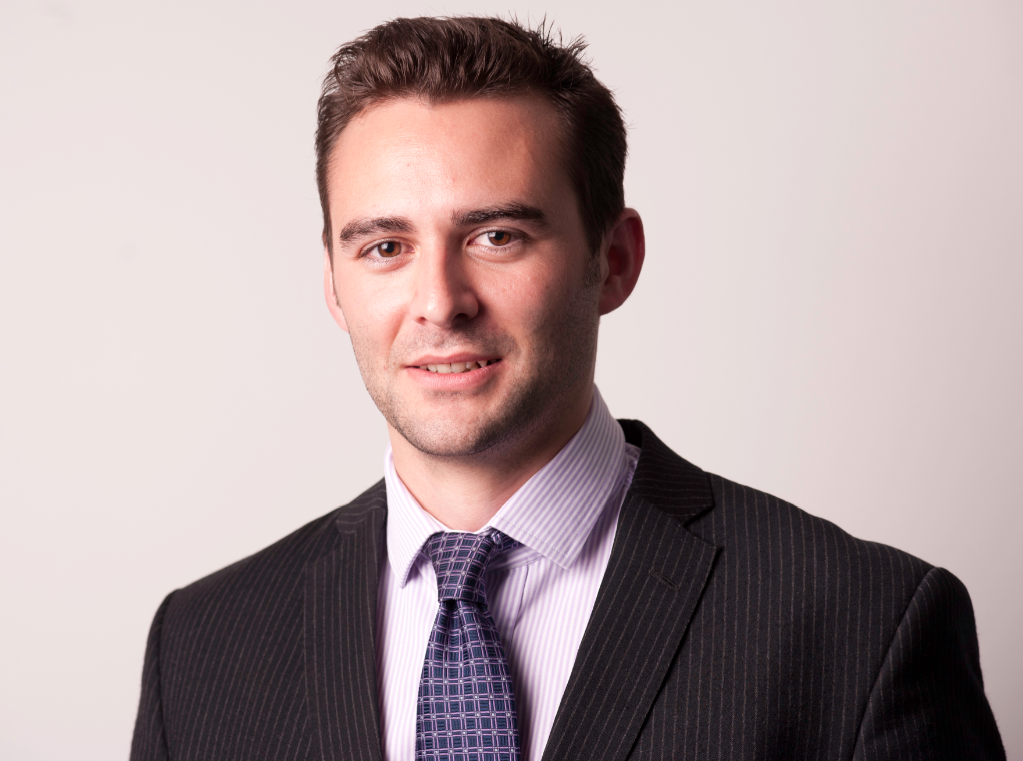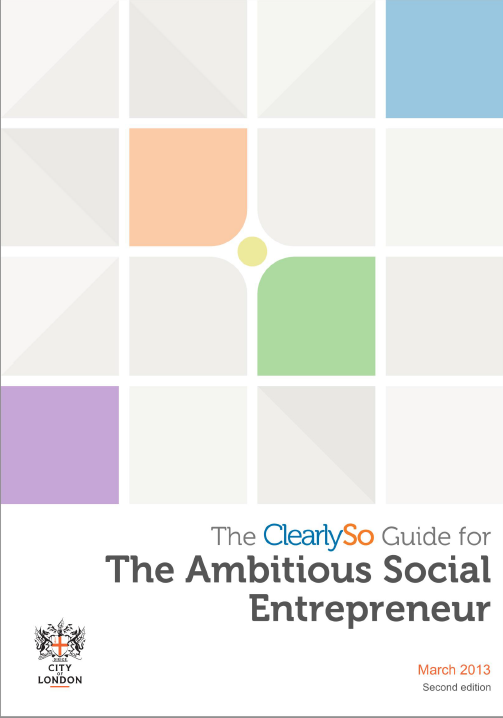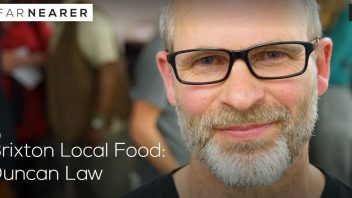
Simon Evill is social business manager for ClearlySo, the gatekeeper to its capital raising services and consultant to new members. Here he gives a timely review of ClearlySo’s activities in the social enterprise sector and delivers some useful advice to social entrepreneurs looking for investment to scale up.

Simon Evil is social business manager
ClearlySo is a financial intermediary in the social investment sector, advising social businesses and enterprises on raising capital. We provide corporate finance and financial advisory services to social entrepreneurs with ambitions to raise over a £1million. In addition, we run the UK’s first dedicated social business angel investment group called Clearly Social Angels and manage investor relationships with leading institutions, including foundations, impact investment funds, banks and corporations.
Our work can be described as two elements working together to drive the growth of social enterprises and the social investment sector as a whole:
– Firstly, helping ambitious social entrepreneurs to prepare for raising capital and then helping them raise it (becoming investment-ready).
– Secondly, helping investors invest in ambitious social businesses and enterprises (becoming investing-ready).
Part of making the process a whole lot easier is starting with the basics – providing social entrepreneurs with high-quality information

Relaunched guide for the ambitious social entrepreneur
so they can make more informed decisions and connect with people and organisations that can help them. This is the purpose of ClearlySo’s newly relaunched Guide for the Ambitious Social Entrepreneur and the very reason we put pen to paper in the first place – a desire to inform our growing audience of the breadth and scope of the social enterprise and social investment eco-system as it stands today. We will continually update the Guide, with the generous support of our sponsor, the City of London Corporation, and improve it as the eco-system is evolving rapidly.
So who should read this Guide?
My advice is that for entrepreneurs at the ideas stage, those starting-up, and those with the war wounds and trophies of a few years of trading, this resource is built around your needs, and should be seen as a reference document more so than a tome you read from front to cover.
For those at the concept stage of their journey, the guide can produce some context to the world a UK social entrepreneur is entering as well as some excellent networks and groups that are worth getting to know. In addition, the Guide is particularly useful for finding specific resources on specific subjects that affect social ventures such as the pros and cons of various company legal structures, the ways in which other social ventures go about reporting on their social impact, etc.
For the start-up social venture, the guide may help you access a competition, an incubator or an award programme that can give your venture a kick-start. It will certainly give you a flavour for the professionalisation, which the social enterprise sector is undergoing, and insight into the most likely supporters of your work, financially and otherwise, as you develop and establish a business model that works.
For the early stage social venture, which has begun to demonstrate and repeat a model that works and can scale from a small base, the guide is the ideal reference point for finding the investors and professional advisors, such as ClearlySo, who exist to help ventures like yours succeed.
ClearlySo started back in September 2008 because our founders, Rod Schwartz and Julia Meek, felt that the social economy should be larger and that one thing that was missing was a place where social entrepreneurs could go for help and support on becoming more successful. We also believed passionately, back then as we still do now, that the social enterprise sector should and will become an increasingly important part of our economy in the UK and globally.
What we have ultimately learned over the past four and a half years is that whilst social entrepreneurs and socially-minded investors share very similar objectives they are not connected or ‘married’ in the most effective ways which are of benefit to both parties. The problem can be described, very crudely, like a school dance, where all the boys huddle on one side of the room and all the girls on the other. A bit like the DJ, ClearlySo and other organisations like us, are enticing the brave and foolhardy to venture into the middle of the dance floor and to pair up. Our role is to bridge the divide, both real and perceived, between entrepreneur and investor, and make social investment a whole lot easier for all concerned.
ClearlySo has always communicated and encouraged networking through face-to-face events such as conferences, seminars, and our office-based tea parties. We have tried many ways of sharing with entrepreneurs as much information as possible. What people really need is a mixture of quality information and in certain cases bespoke consultancy, hands-on work.
Also useful for understanding the challenges ahead is another groundbreaking piece of research by ClearlySo, Investment Readiness in the UK, commissioned by the Big Lottery Fund and produced in cooperation with New Philanthropy Capital. It provides a very useful insight into the differences and disconnects between on the one hand entrepreneurs looking to raise investment, and on the other investors with capital to deploy. It shows there are some marked issues still to be resolved in the sector.
There is shared DNA between ClearlySo and the Transitions Network (the organisation that set up the REconomy Project) . Sustainability has its own lexicon and it’s no different from that of the social entrepreneur: looking after natural resources; living within your means; looking after those who are less fortunate; helping the community first rather than going to some faceless shareholder. It’s innovation in the face of the big problems we are confronting, like climate change and an ageing population.
In terms of collaboration between us, we have extensive relationships with organisations across the country that help social entrepreneurs succeed, and our success is tied to their success. We want to hear from entrepreneurs who want to raise capital. And when organisations approach us that we know should get in touch with the Transitions Network, we can facilitate that contact.
Image credits: ClearlySo








Connect